Sleep deprivation can significantly impact your health. Learn what is sleep deprivation, the stages of sleep deprivation, the health risks associated with each stage, and how to improve your sleep health.
What is Sleep Deprivation
As per sleep and health experts, adults need at least 7-8 hours of sleep every night. Sleeping less than 7 hours or not sleeping at all is called sleep deprivation. According to research, sleep deprivation is associated with a wide range of physical, cognitive, and mental health issues.
Sleep deprivation is one of the most common issues faced by Gen Z and millennials, the most stressed-out generation right now. Not just hectic work schedules but excessive use of social media, workplace woes, sedentary lifestyle, unrealistic expectations, and mental health issues are the most common causes of stress and sleep deprivation in millennials and Gen Z individuals.
What causes sleeplessness at night?
Different causes of sleep deprivation are as follows:
- Work stress
- Noisy sleeping environment
- Screen time before bed
- Stress, anxiety, and depression
- Schizophrenia
- Health issues like sleep apnea, chronic pain, chronic fatigue, and bipolar disorder.
This article covers different stages of sleep deprivation and the health risks associated with it. Health issues tend to worsen, the longer you stay awake. The sleep deprivation timeline is generally divided into 12-hour or 24-hour increments.
Read The Creative Power Of Your Sleep: 10 Easy Practices
5 Stages of Sleep Deprivation
Stage 1: After 24 hours
Most people with hectic work schedules like surgeons and nurses or parents taking care of a sick child or students preparing for exams may often miss sleep for around or even more than 24 hours. It’s common to feel tired, but it is not associated with any serious health issues.
But not sleeping for 24 hours is the same as having a blood alcohol concentration of 0.10 % which is higher than the limit to legally drive (0.08%) in all states in the US. In short, drowsy driving is similar to drunk driving.
Common health symptoms of sleep deprivation for 24 hours:
- Irritability
- Anger
- Drowsiness
- High risk of stress
- Decreased alertness
- Brain fog
- Low concentration
- Fatigue
- Tremors
- Puffy eyes or dark undereye circles
- Risk of accidents while driving
- Food cravings

Read The 3 Most Popular Sleeping Positions And Their Health Impacts
Stage 2: After 36 hours
Staying awake for 36 hours leads to an overwhelming urge to sleep and brief periods of sleep that occur involuntarily. 36 hours of sleep deprivation affects communication between different parts of the brain, which in turn impairs cognitive performance. Not sleeping for so long also causes hormonal imbalance, which disturbs several bodily functions.
Common health symptoms of sleep deprivation for 36 hours:
- Behavioral changes
- Risky decision-making
- Impaired memory
- Difficulty processing social cues
- Slow reaction time
- Increased errors
- Difficulty learning new information
- increased inflammation
- Impaired immune function
- Extreme fatigue
- Increases appetite
- Speech impairment such as poor word choice
Stage 3: After 48 hours
After staying awake for 48 hours it is harder to stay awake and you are highly likely to experience microsleep (the brain is in a sleep-like state) that can last up to 30 seconds. After microsleep, you feel more confused and disoriented. You may tend to see or hear things that aren’t actually there.
Do you know 48 hours of sleep deprivation may also disrupt the immune system? Inflammatory markers that protect our body from target illnesses start to circulate at increased levels. According to research, the natural killer (NK) cells in our body – that protect us from bacteria or viruses – have decreased activity after sleep deprivation.
Common health symptoms of sleep deprivation for 48 hours:
- Anxiety
- High stress levels
- Increased irritability
- Depersonalization
- Extreme fatigue
Stage 4: Awake for 72 hours
After staying awake for 72 hours, you have the urge to sleep like dead meat. You tend to experience more frequent and longer periods of microsleep, impaired perception of reality, hallucinations, and limited ability to perform executive functions like paying attention or multitasking, or completing even simple tasks.
Emotions are affected and you may be easily irritated. According to research sleep deprivation decreases your ability to understand others’ emotions. In one study, participants who didn’t sleep for 30 hours were unable to recognize angry and happy facial expressions.
Common health symptoms of sleep deprivation for 72 hours
- Depressed mood
- Anxiety or paranoia
- Disordered thinking
- Illusions
- Delusions
- Depersonalization
Stage 5: Awake for 96 hours or more
This is an excessive sleep deprivation stage that occurs mainly due to chronic insomnia or events of trauma. After 4 days of sleep loss, you will have an overwhelming urge to sleep and may become easily irritated. Staying awake for 96 hours significantly alters perception. Many find it difficult to stay awake on their own.
Common health symptoms of sleep deprivation for 96 hours:
- Unbearable urge for sleep.
- Distorted perception of reality also refers to sleep deprivation psychosis
- Risk of sleep deprivation psychosis
Treatment for sleep deprivation
- Over-the-counter (OTC) sleep aids for occasional sleepless night
- Sleeping pills prescribed by the doctor
- Practice a healthy sleep hygiene
- Short naps helps recover from loss of few hours of sleep
- Your doctor may recommend light therapy that helps reset your internal body clock
- Use of breathing device for sleep deprivation caused by breathing problems, especially for people with sleep apnea
Read 8 Surprising Health Benefits Of Sleeping On Your Left Side
Tips to improve your quality of sleep
You can recover from sleep deprivation by sleeping more or maintaining 7-8 hours of sleep daily. 1 hour of sleep deprivation requires 4 days to recover. For those with bouts of sleep deprivation may require days and weeks of good quality rest. Below are some tips to improve your sleep hygiene and sleep quality.
1. Reduce screen time
Smartphones emit a blue light that suppresses melatonin, the hormone that controls the sleep-wake cycle. Therefore, high screen time before bed can delay sleep, cause insomnia, tiredness, and irritation.
Read How Screen Time Affects Quality Of Sleep And Overall Health of Young Adults
2. Exercise regularly
Daily exercise of 20-30 minutes can improve your ability to sleep at night. It is healthy to exercise 5-6 hours before bedtime.
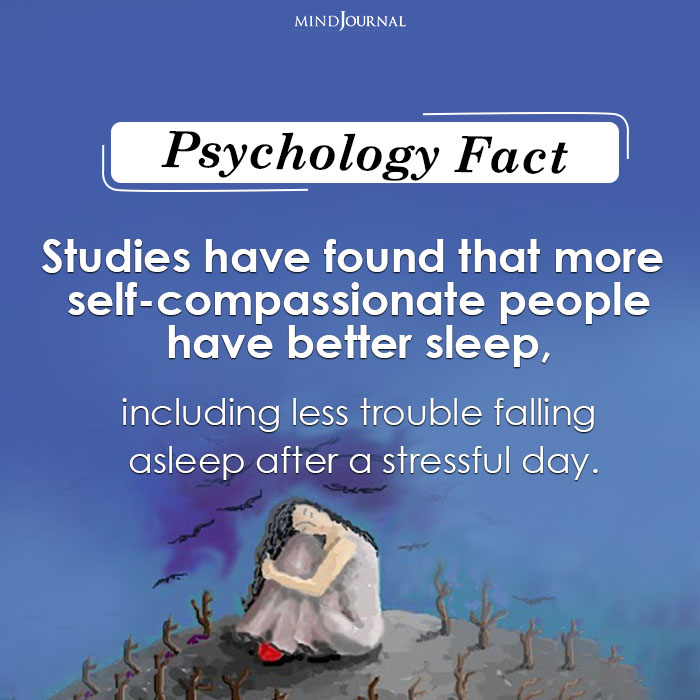
3. Avoid caffeinated drinks before bed
Excess consumption of caffeinated drinks can cause jitters, increase brain alertness, confusion, headaches, and irritability. This can affect your quality of sleep or cause sleep deprivation over time. It takes 6 hours for caffeine to wear off, so try to take the last cup before noon.
4. Avoid alcohol before bed
Drinking too much alcohol before bed may help you sleep, but the quality of sleep will be very poor according to research.
5. Create a calming bedtime routine
Practice a relaxing activity that you would like to do every day before bed. It can be anything like meditation, a hot or cold shower, reading a book, or eating a fruit that will calm your mind and prepare you for sleep.
6. Modify your sleep environment
Create a relaxing atmosphere in your room. Maintain the temperature of your bedroom at 16 to 19°C. Choose a mattress and pillow that help you sleep in your preferred sleeping position.
Read Segmented Sleep: Psychological and Behavioral Implications
Takeaway
There are five stages of sleep deprivation and the first stage occurs within 24 hours followed by 36 hours, 48 hours, 72 hours, and 96 hours. Not sleeping for 24 hours is bearable and is not associated with significant health issues. Staying awake for more than 24 hours leads to confusion, poor perception of reality, illusions, and impairment of cognitive functions. Not sleeping for 3-4 days impairs behavioral, physical, cognitive, and mental health. Maintaining a recommended sleep time will help you prevent sleep deprivation and its health consequences.
If your sleep deprivation is causing severe mood changes or health issues so much that it affects your daily life functioning, please consult your doctor immediately.
Frequently Asked Questions
How long does it take sleep deprivation to cause blindness?
If you are having less than 7-8 hours of sleep every day you may experience several eye complications. Blindness may occur when the blood flow to the optic nerve is interrupted, just as stroke disturbs blood flow to the brain. When the optic nerve is irreversibly damaged, it causes blindness.
Does sleep deprivation cause hallucinations?
If you are awake for 48 hours or more you may start hallucinating. When you are awake for 72 hours or more, it will significantly impair your perception and you may have illusions and delusions. Your hallucinations may become more complex if you are awake for more than 96 hours.
Does sleep deprivation cause depression?
Sleeplessness or insomnia is one of the characteristics of depression. A lack of sleep due to personal or professional reasons or medical problems can worsen existing depression.
How does sleep loss affect us and what are the major sleep disorders?
Sleep loss affects both physical health and mental health. Some of the major sleep disorders are – insomnia, narcolepsy, restless legs syndrome, and sleep apnea.
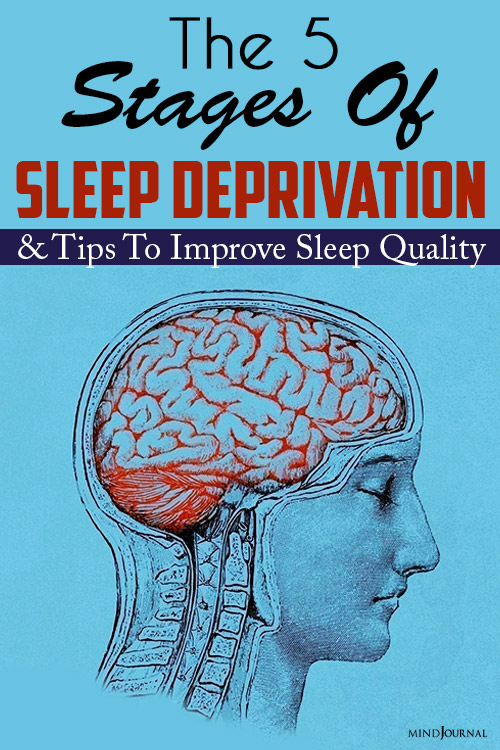
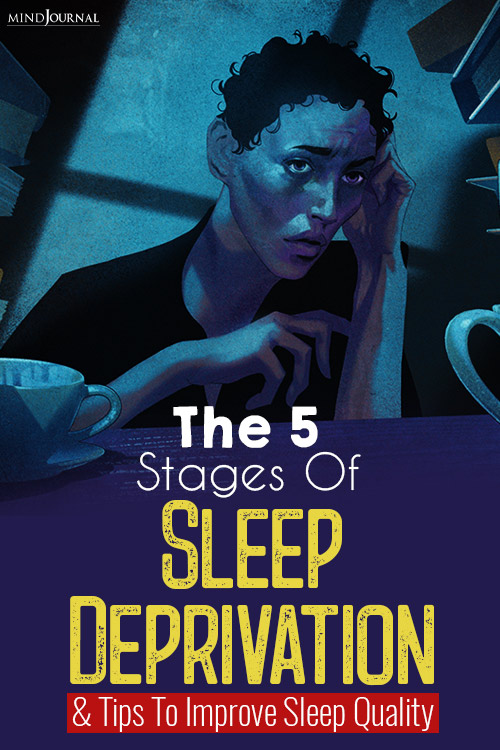
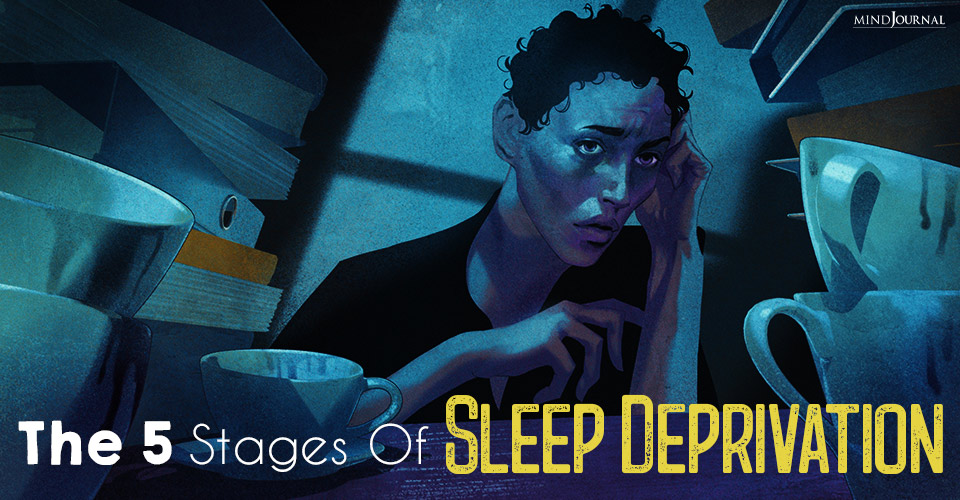
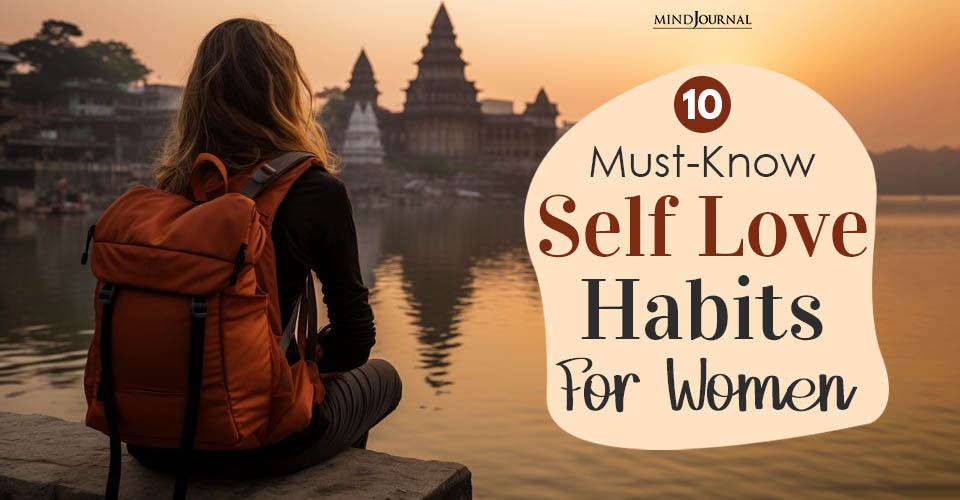
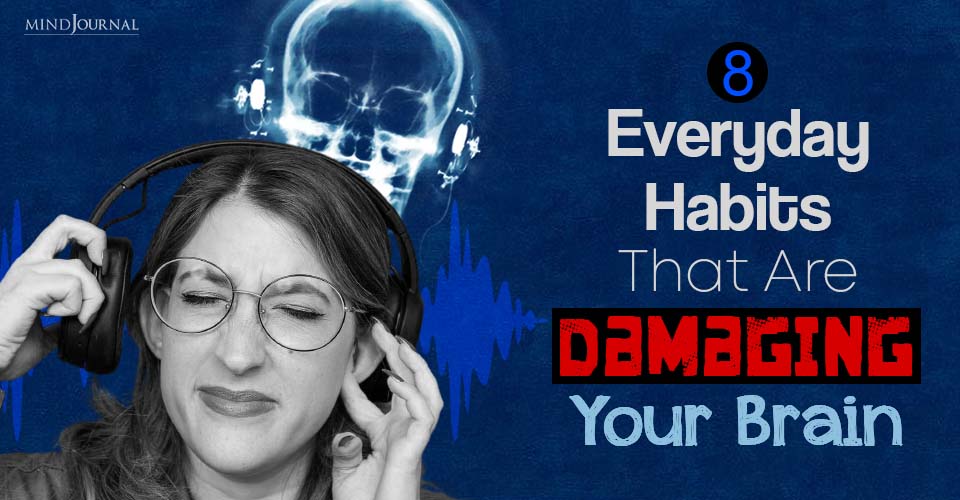

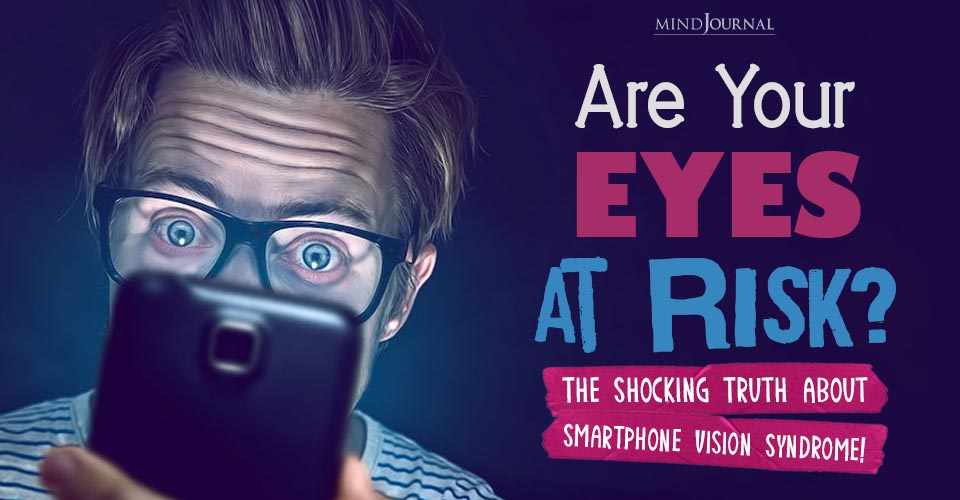



Leave a Reply
You must be logged in to post a comment.